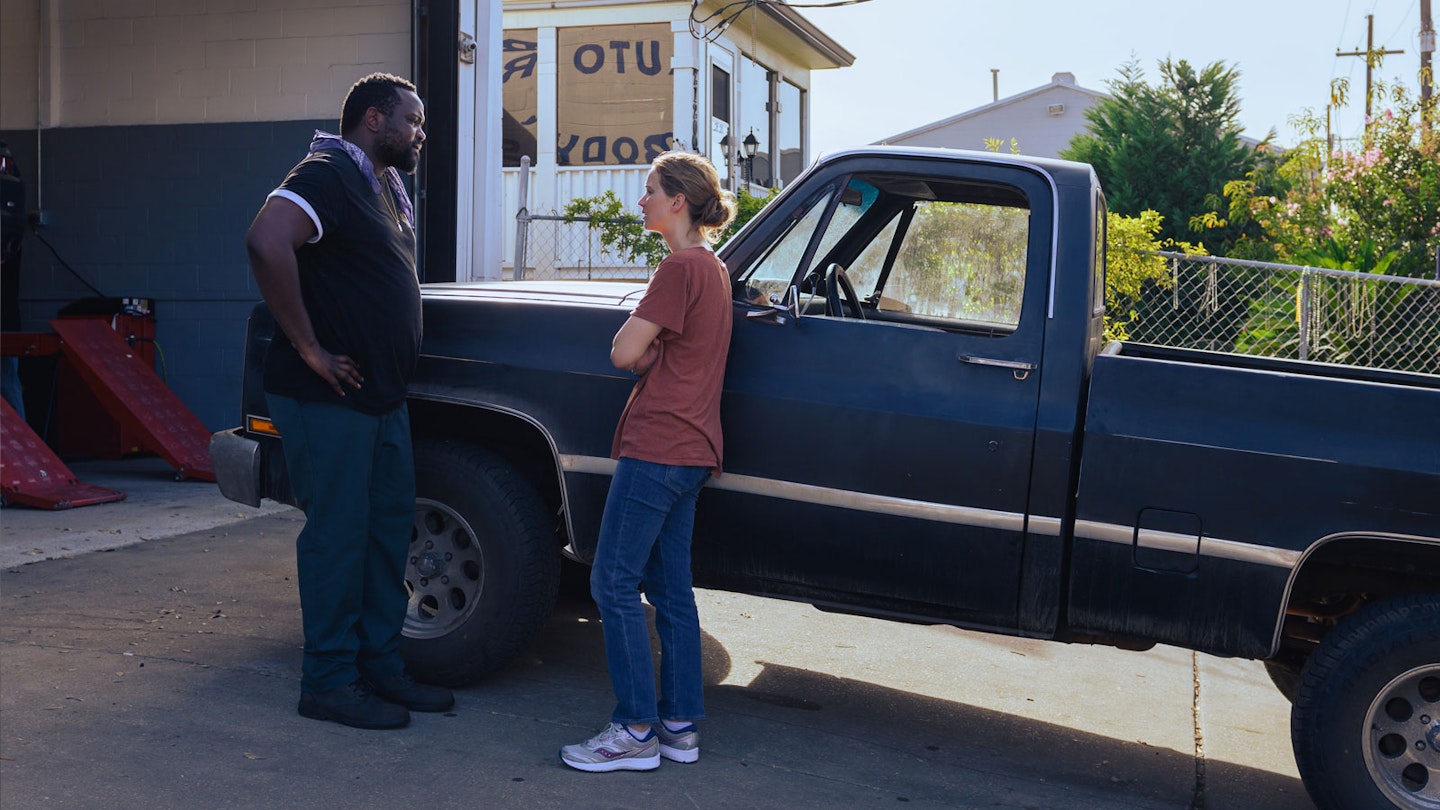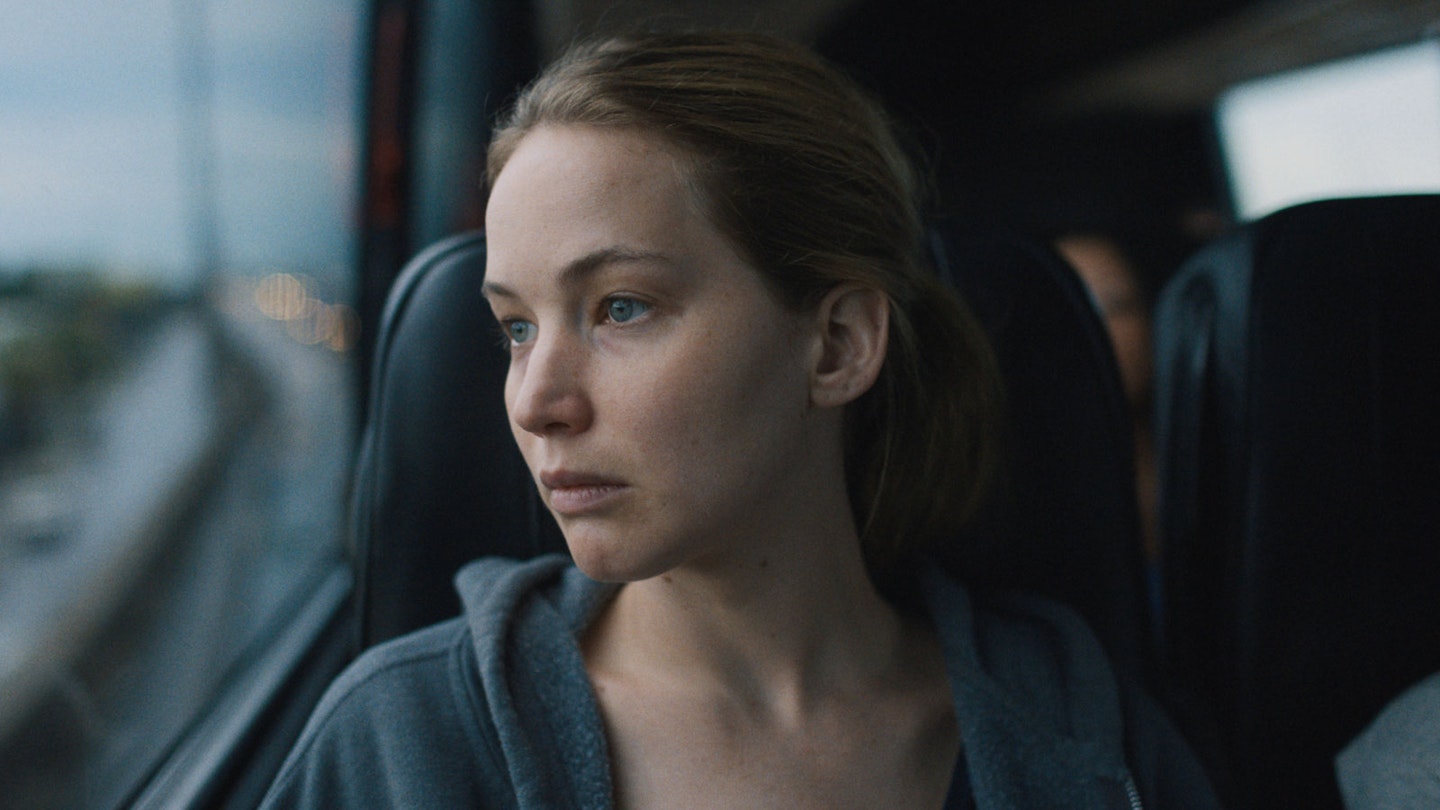2010’s Winter’s Bone — a bleak, uncompromising portrait of poverty and family — felt like the announcement of a major screen talent in Jennifer Lawrence. Causeway, her return to independent filmmaking, is not quite as rich or suspenseful as that early breakthrough, but it shares the same tough, hard edges, showcasing Lawrence as an actor capable of rare emotional depth and resonance. Only her second film in three years, it’s a reminder of what she can do with even the sparsest material.
She plays Lynsey, an army veteran on leave after a bomb leaves her with a traumatic brain injury. A delicately pitched prologue shows her painful initial recovery under the protective watch of a carer played by Jayne Houdyshell (a recent scene-stealer in The Humans and Only Murders In The Building, extending her streak here).

Debut feature director Lila Neugebauer, whose background is in theatre, films all this with a muted, stripped-back naturalism: the realistic mundanities of learning to walk again, the gruelling work required to regain coordination and memory. The filmmaking here is spare and almost aloof. Time-jumps and character progression are implied through editing; plot details are drip-fed slowly. Lawrence plays it with the calm discipline of a military vet, dressed exclusively in unglamorous slacks, invisible emotional armour always deployed.
The filmmaking is so restrained, and the drama so lacking in tension, that we’re left wanting more.
After leaving what we assume to be a medical facility, Lynsey heads to her hometown of New Orleans, to stay in a childhood home full of unhappy memories — an alcoholic mother, an addict brother. It’s here that she meets Brian Tyree Henry’s kindly car mechanic James. Henry is remarkable here, and easily Lawrence’s match, recalling his devastating performance in If Beale Street Could Talk: another character using wit and charisma to mask pain lurking just below the surface.
Lynsey and James are cut from different cloth, but are inextricably drawn to each other — like many an understated indie before it (see also: Lost In Translation, Blue Valentine), this is ultimately a story about two lost souls who find each other, troubled people recognising a kind of unspoken solidarity. The exact definitions of their relationship seem forever fuzzy — they go on what seem to be dates, sharing burgers and private pool parties — but the parameters are strictly unromantic, until they’re not.
It’s beautifully mounted, and the deference to realism means nothing ever seems too contrived or implausible. But the filmmaking is so restrained, and the drama so lacking in tension, that we’re left wanting more. Who are these characters, really? What do they have to them, outside of their unresolved trauma? The script, by Elizabeth Sanders, Luke Goebel and Ottessa Moshfegh, has an idea, but the layers have been peeled back so much that it’s unclear, ultimately, what it all amounts to. It’s left to two subtly powerful performers in Lawrence and Henry to fill in the blanks.

